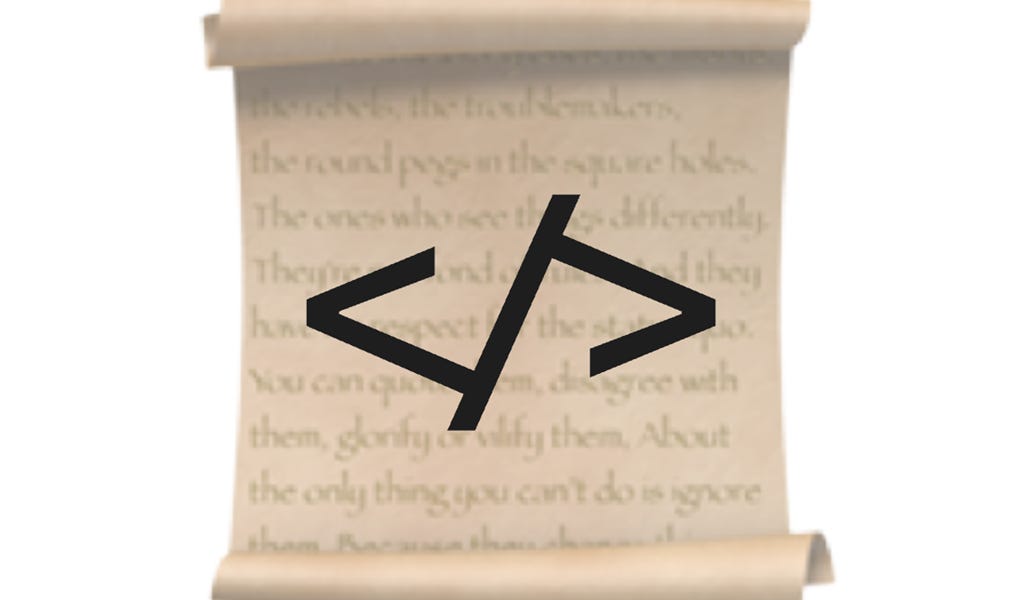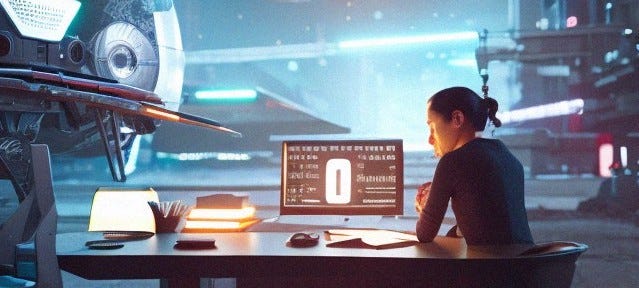Eurisko, The Computer With A Mind Of Its Own
On the July 4 weekend of 1981, while many Americans were preoccupied with barbecues or fireworks displays, players of an immensely complex, futuristic war game called Traveller gathered in San Mateo, California, to pick a national champion. Guided by hundreds of pages of design rules and equipment specifications, players calculate how to build a fleet of ships that will defeat all enemies without exceeding an imaginary defense budget of one trillion credits.
To design just one vessel, some fifty factors must be taken into account: how thick to make the armor, how much fuel to carry, what type of weapons, engines, and computer guidance system to use. Each decision is a tradeoff: a powerful engine will make a ship faster, but it might require carrying more fuel; increased armor provides protection but adds weight and reduces maneuverability.
Since a fleet may have as many as 100 ships -exactly how many is one more question to decide -the number of ways that variables can be juxtaposed is overwhelming, even for a digital computer. Mechanically generating and testing every possible fleet configuration might, of course, eventually produce a winner, but most of the computer's time would be spent blindly considering designs that are nonsense. Exploring Traveller's vast "search space," as mathematicians call it, require the ability to learn from experience, developing heuristics -rules of thumb -about which paths are most likely to yield reasonable solutions.






















